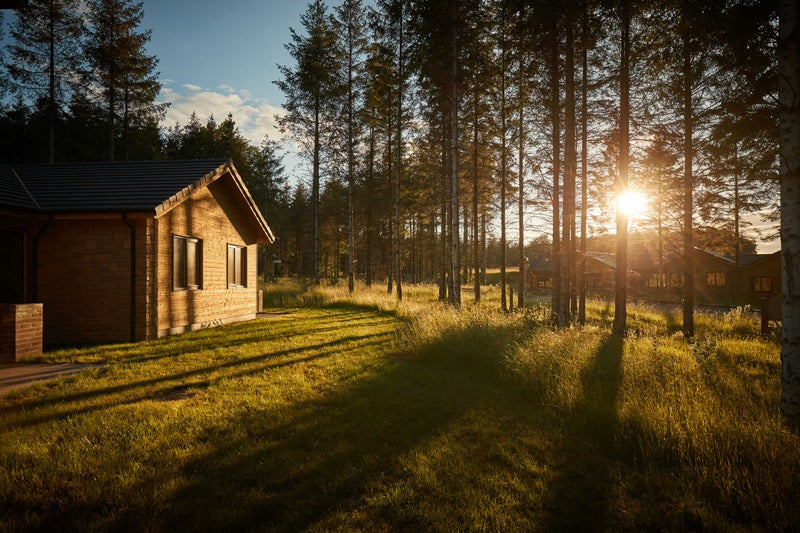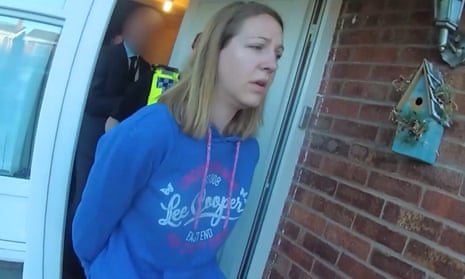Country’s first fully rented scheme is ‘shovel ready’ after six years – but group has now hit a brick wall. The first fully rented, cohousing project in Scotland is “shovel ready”, thanks to a group of people in their 70s who have spent six years fighting to turn their dream community into a reality. Cohousing communities are developments of new-build or retro-fitted homes, created and run by those living there. Each development comprises self-contained residences as well as community spaces, where activities and most meals are shared.
![[Amelia Hill]](https://i.guim.co.uk/img/uploads/2017/10/06/Amelia_Hill,_L.png?width=75&dpr=1&s=none&crop=none)
“We’ve got further than any other fully rented, cohousing project ever has in Scotland,” said Jenny Rambridge, one of the six members of the Hope Cohousing group in Orkney. “The fact that we’ll be fully rented is vital. Cohousing in Scotland is overwhelmingly owner-occupied, which means people have to sell their family home before buying a cohousing residence. But home ownership is lower in Scotland than England – people rent – so vulnerable people often don’t have a home to sell.”.
![[Housing plans]](https://i.guim.co.uk/img/media/e087aa4588f063b4f874af1c857316c4830eabb2/213_63_831_414/master/831.jpg?width=445&dpr=1&s=none&crop=none)
“The six of us, for example, currently live in houses that are mostly rented but are socially isolated or too expensive to heat or that, as we age, are difficult for us to get in and out of, or move around inside,” she said. “We just want to live in age-appropriate homes where we can be independent and private but share a community and rely on the friendship of our neighbours.”. Cohousing is increasingly popular in England, where there are 31 communities, 65 projects in development and more than 1,000 people signed up to receive advice through the National Cohousing Register.
But it is much rarer in Scotland. Groups have been trying to set up schemes for 20 years but most fail because of challenges in securing land and funding, and a lack of established regulations and support systems. Tom Morton, the convener of Cohousing Scotland, said the Hope project had come so far that “if we can’t achieve Hope, then I don’t know what other group will ever succeed”. Morton has spent two decades supporting different groups to create cohousing communities. “We’ve had members who have died waiting for their cohousing project to get the green light and we’ve had others who moved to England because there are viable cohousing options there,” he said.
“There’s strong demand but after years of fighting, people get disheartened, grow old and have to move on, either by staying in houses that severely compromise their quality of life or by moving into houses that don’t meet their needs but are the only options available.”. Morton, however, has put his hope in Hope Cohousing, which persuaded Robert Gordon University’s school of architecture in Aberdeen to work for free to develop designs, secured feasibility funding from the Scottish government and, crucially, persuaded the Orkney Islands council to give it the land for six terrace houses – for which it then received building permission.
“It’s not surprising that most community-led housing projects in Scotland fail,” said Rambridge. “The total cost of the preconstruction phase alone was around £150,000 but there is no clear funding framework: we’ve had to fight for every penny.”. But now the group has hit a brick wall: Orkney Islands council says there is no funding to bridge a £300,000 funding gap. “We have previously supported this project but there is no delivery vehicle within the council that would support the build and transfer of management for a cohousing development at this time,” said Frances Troup, the council’s head of service for community learning, leisure and housing.
Sacha Wright, a project coordinator for Hope Cohousing, criticised what she said was the short-term nature of these funding decisions. “Council and government budgets are very myopic: they only look at housing or at health but poor social connections are the equivalent of smoking 15 cigarettes a day,” she said. “On top of that, we all know we’ve got an ageing population and a housing emergency but we’re still only looking at the emergency elements of those things,” she said. “Cohousing communities are high-quality, high-impact projects but agencies don’t have the ability to think broadly around these issues.”.
Rambridge is confident, however, that a way through will be found. “We haven’t come this far for it not to happen,” she said. “And when we succeed, we will share our learning with every other group fighting to create a cohousing community in Scotland,” she said. “Cohousing in Scotland will become a feasible option for anyone who wants it. We’re determined of that.”. The Scottish housing minister, Paul McLennan, said: “The Scottish government supports cohousing. I am aware of the Hope Cohousing project and the group is continuing to engage with my officials.”.































